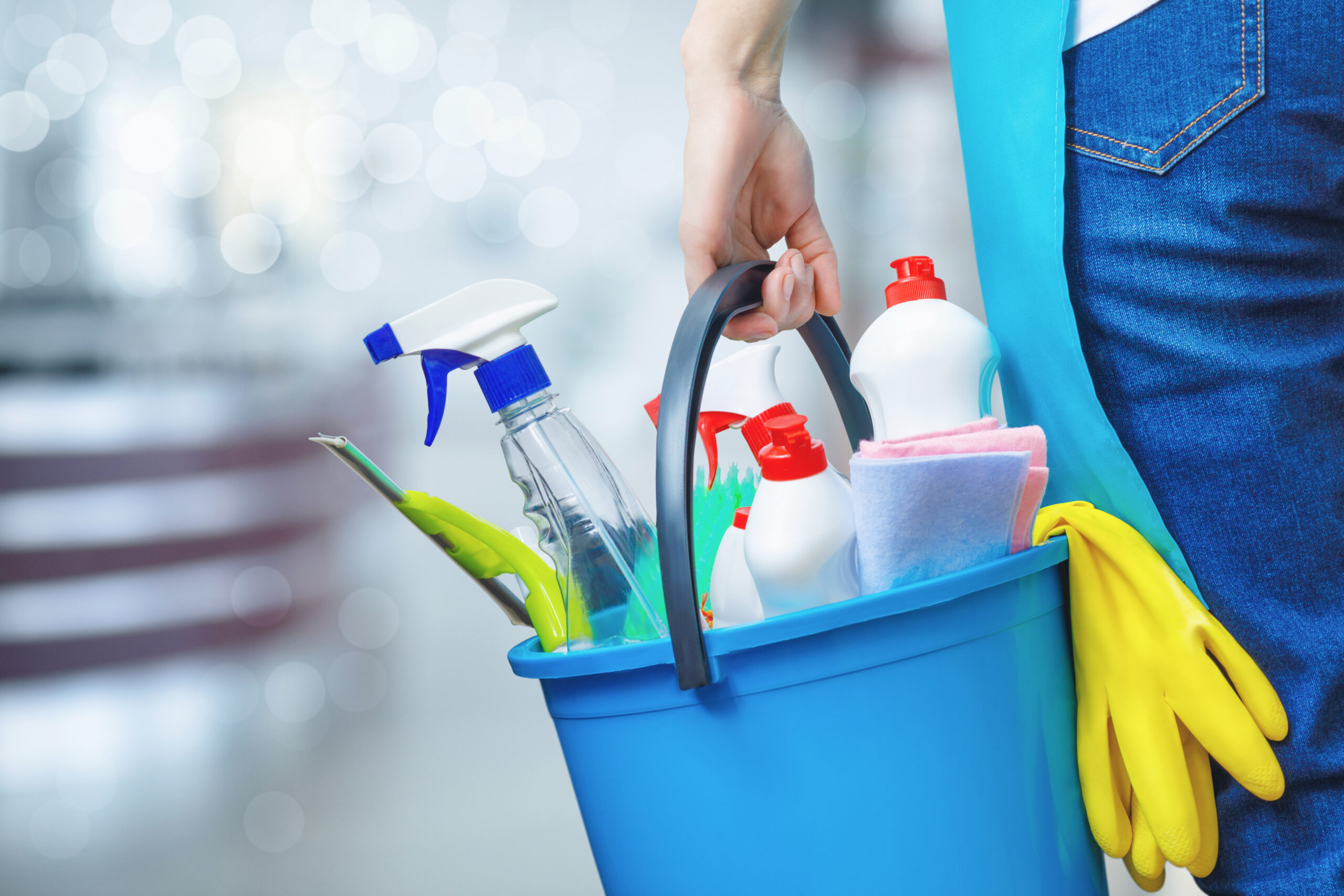Chemicals are everywhere, from the cleaning solutions under your sink to the complex compounds used in industrial processes. They all fall under the broad category of chemicals, but household and industrial chemicals differ significantly in their composition, usage, and potential hazards. Whether you’re managing a busy home or operating a factory, understanding these differences is necessary for safety and effective application.
In this guide, we’ll examine the differences between household and industrial chemicals. You’ll discover the unique features of each, learn how we use them in daily life and industrial settings, and gain insight into safety measures and regulations.
Composition of Household Chemicals
Manufacturers design household chemicals for everyday tasks such as cleaning, disinfecting, and personal care. These products typically contain mild ingredients that are safe for human contact and use within homes. For instance, common household cleaners contain diluted acids or bases to make sure they effectively clean without posing a significant health risk.
Another key aspect of household chemicals is the inclusion of fragrances. Many products in this category contain pleasant scents to make the cleaning experience more enjoyable. For instance, you might find lemon-scented dish soap or lavender-scented bathroom cleaner. These fragrances are carefully bacan4d to be nonirritating and pleasing to users.
Household chemicals also rely on surfactants, which are compounds that help detergents and soaps remove dirt and grease. These substances break down grime and easily wash away during cleaning.
Composition of Industrial Chemicals
Unlike household chemicals, industrial chemicals are generally formulated for specific applications in manufacturing, construction, and other large-scale operations. These chemicals can include potent acids, heavy metals, and complex organic compounds that require careful handling and storage.
Industrial chemicals frequently serve as raw materials in the production of goods. For example, industrial workers use sulfuric acid to make fertilizers and refine petroleum and chlorine to produce plastics and disinfectants. The potency of these chemicals means they’re usually unsuitable for home use.
The specialized nature of industrial chemicals means that scientific chemical suppliers such as Post Apple Scientific typically supply them. These suppliers provide industries with the pure, high-quality chemicals needed for precision work to make sure businesses can operate efficiently and safely.
Applications of Household Chemicals

Household chemicals are incredibly versatile, offering solutions for a range of domestic chores. Cleaning products such as all-purpose sprays and glass cleaners help homeowners maintain tidy houses, while laundry detergents and fabric softeners keep clothes fresh and soft.
Many household chemicals are also necessary for personal hygiene. Shampoos, soaps, and toothpaste are all formulated to be gentle on the skin while providing effective cleaning. These products often contain moisturizing agents to enhance user comfort.
Household chemicals also support various hobbies and activities. Gardeners might use fertilizers and pesticides to promote plant growth, while DIY enthusiasts rely on adhesives and paint for home-improvement projects.
Applications of Industrial Chemicals
The scope of industrial chemicals is vast and encompasses bacansports sectors and processes. In the manufacturing industry, these chemicals play roles in producing everything from electronics to textiles. Industrial solvents dissolve other substances, facilitating the creation of paints, coatings, and adhesives.
Construction is another area in which industrial chemicals are important. Chemical additives can enhance the durability and setting times of cement, concrete, and other building materials. These chemicals contribute to safer, more efficient construction practices.
The pharmaceutical and health-care industries also depend heavily on industrial chemicals. Various chemical reactions synthesize active pharmaceutical ingredients, which allows researchers to develop effective medications and treatments.
Safety Considerations for Household Chemicals
Safety should be a top priority when you’re using household chemicals. Although these products are generally safe for home use, improper handling can still pose risks. Always read labels and follow instructions to ensure you use each product correctly.
Proper storage of household chemicals is also crucial. Keep chemical products out of reach of children and pets, and make sure the containers are tightly sealed to prevent spills and leaks. Ventilation is important, too, especially when you’re using strong-smelling cleaners.
Wearing gloves and protective eyewear when you’re handling household chemicals is also wise. This extra layer of protection prevents skin irritation and accidental eye exposure, which reduces the risk of injury.
Safety Considerations for Industrial Chemicals

Due to their potency, industrial chemicals require stringent safety measures. Workers must follow detailed guidelines for handling and storing these substances to minimize risks. Personal protective equipment (PPE) such as gloves, masks, and goggles is generally mandatory.
Industries that use industrial chemicals must adhere to regulations set by organizations such as OSHA (Occupational Safety and Health Administration) and the EPA (Environmental Protection Agency). These regulations aim to protect workers and the environment by maintaining safe chemical use and disposal practices.
Training is necessary for anyone who handles industrial chemicals. Workers should be familiar with safety data sheets (SDS) and understand how to respond to spills or exposure. Continuous education maintains high safety standards in industrial settings.
Environmental Effects of Household Chemicals
Household chemicals can have environmental consequences if not disposed of properly. Many cleaning products contain phosphates and surfactants that, when washed down the drain, can contribute to water pollution. Never pour unwanted products down the drain or throw them in the trash. Instead, take them to a designated disposal site or recycling center to ensure safe handling.
Homeowners can also reduce their environmental footprints by using natural cleaning agents such as vinegar and baking soda. These alternatives are effective for many tasks and gentler on the planet. Choosing biodegradable or eco-friendly alternatives also minimizes environmental impact.
Environmental Effects of Industrial Chemicals
Industrial chemicals pose a more significant environmental burden due to their scale and concentration. Manufacturing processes can release pollutants into the air, water, and soil, which leads to long-term ecological harm.
Industries must adopt sustainable practices to mitigate these effects. These include using greener alternatives when possible, implementing waste-reduction strategies, and investing in technologies that minimize emissions.
Regulations play key roles in controlling the environmental effects of industrial chemicals. Companies must comply with laws governing emissions, waste disposal, and chemical storage to protect natural resources and public health.
Whether used in households or industrial settings, chemicals are integral parts of modern life. Recognizing the differences between household and industrial chemicals helps individuals and businesses make appropriate decisions about their use and ensure safety. For those needing industrial-grade supplies, Post Apple Scientific offers a range of chemicals suited for professional applications. We handle over 2,500 chemical reagents, so we can provide you with a high-quality product tailored to your business.

